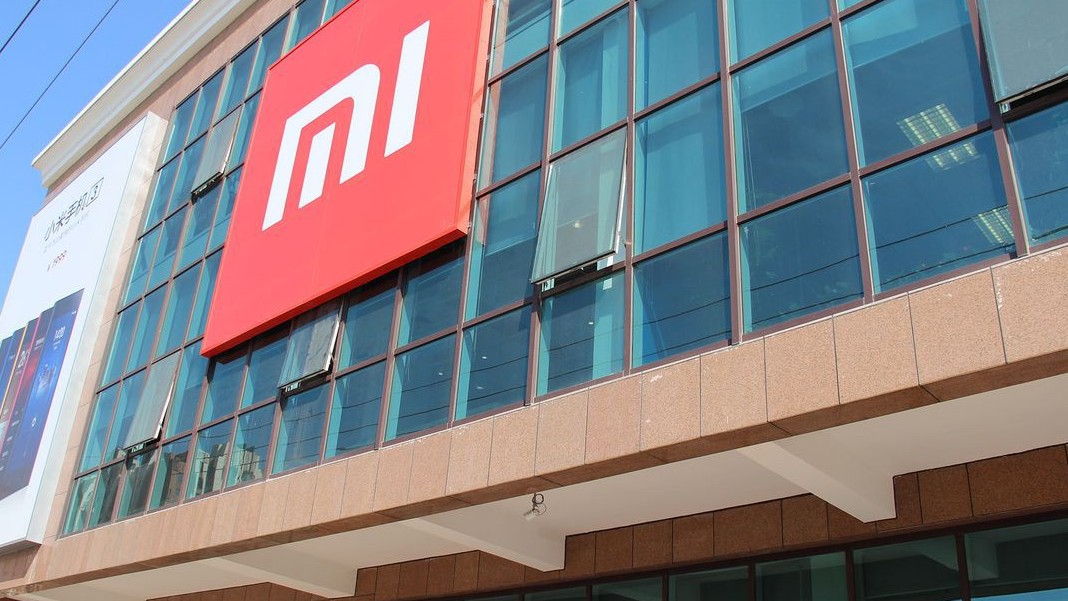Users urged to 'throw away' Chinese smartphones over spying fears
Xiaomi denies allegations of censorship

The Lithuanian government is urging citizens not to buy smartphones from Chinese manufacturers and to dispose of any they have in their possession, with Xiaomi singled out for particular criticism.
A report from the Lithuanian Defence Ministry's National Cyber Security Centre tested devices from several vendors and found that the Xiaomi Mi 10T 5G had in-built censorship capabilities.
As many as 449 terms, such as ‘Free Tibet’, ‘Long live Taiwan independence’ or ‘democracy movement’ can be detected by the system and censored from Xiaomi’s phone system applications, including the browser.
- What is 5G? Everything you need to know
- These are the best business SIM-only deals around today
- And the best business broadband deals
Global smartphone sales
Officials added that the feature had been switched off for users in the European Union but could be switched on remotely, if required. The report also found that the device in question was sending encrypted data to a server in Singapore.
Xiaomi has grown to become the world’s second biggest smartphone manufacturer after Samsung, leapfrogging Apple in the process, benefiting from a wider market recovery and the struggles of Huawei. The claims threaten to undermine efforts to secure a larger share of the European market.
"This is important not only to Lithuania but to all countries which use Xiaomi equipment," the report said.
Xiaomi hits back
Xiaomi denied the allegations in a statement to TechRadar Pro.
Sign up to the TechRadar Pro newsletter to get all the top news, opinion, features and guidance your business needs to succeed!
"Xiaomi’s devices do not censor communications to or from its users," said a company spokesperson. "Xiaomi has never and will never restrict or block any personal behaviours of our smartphone users, such as searching, calling, web browsing or the use of third-party communication software.
"Xiaomi fully respects and protects the legal rights of all users. Xiaomi complies with the European Union’s General Data Protection Regulation (GDPR)."
The centre also found an alleged flaw in Huawei’s P40 5G device that directed users to malicious applications, however a 5G device from OnePlus was found to have no problems. Huawei told the BBC that it abided by the laws and regulations in any country and that cybersecurity was a priority for the company.
The publication of the report comes amid diplomatic tension between Lithuania and China after Taiwan announced that its diplomatic mission in the Baltic nation would be called the ‘Taiwan Representative Office’. Such missions, which are effectively embassies, are usually named after the capital Taipei, because of China’s claim on the island.
- These are the best 5G phones available today
Via BBC
Steve McCaskill is TechRadar Pro's resident mobile industry expert, covering all aspects of the UK and global news, from operators to service providers and everything in between. He is a former editor of Silicon UK and journalist with over a decade's experience in the technology industry, writing about technology, in particular, telecoms, mobile and sports tech, sports, video games and media.